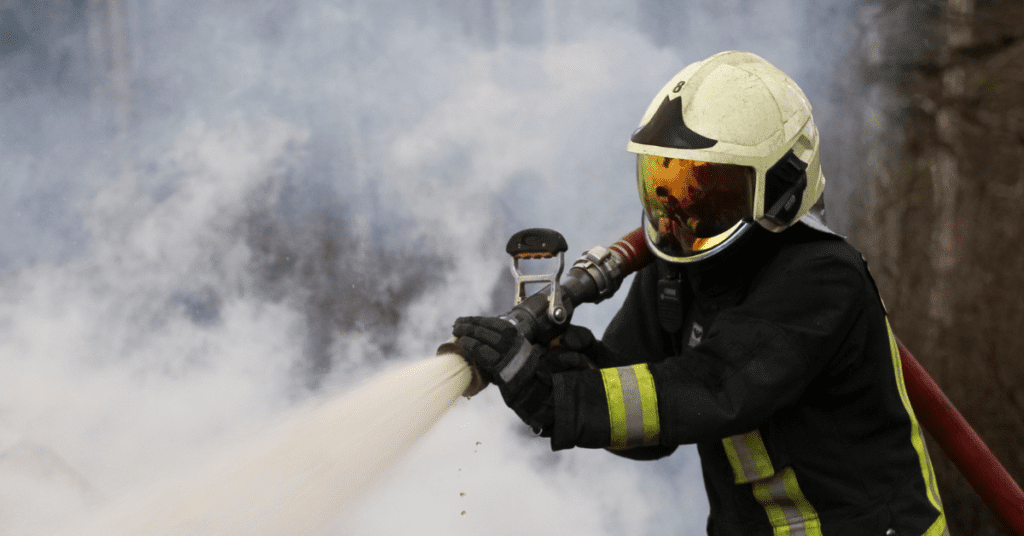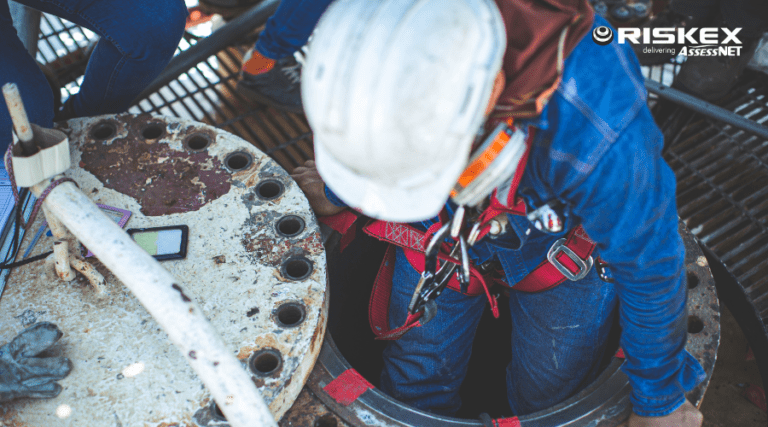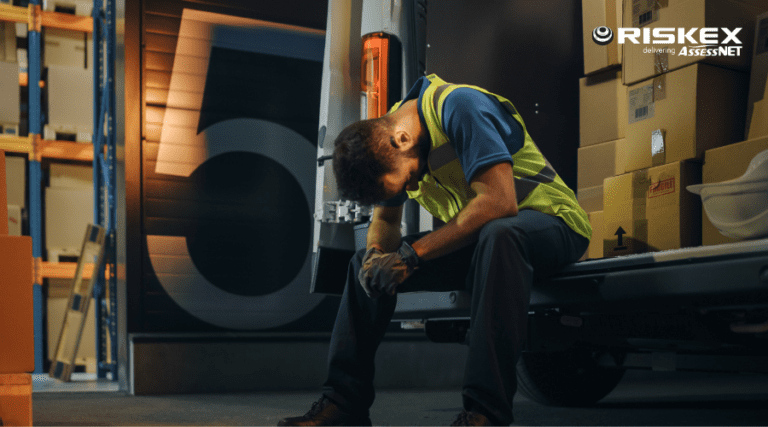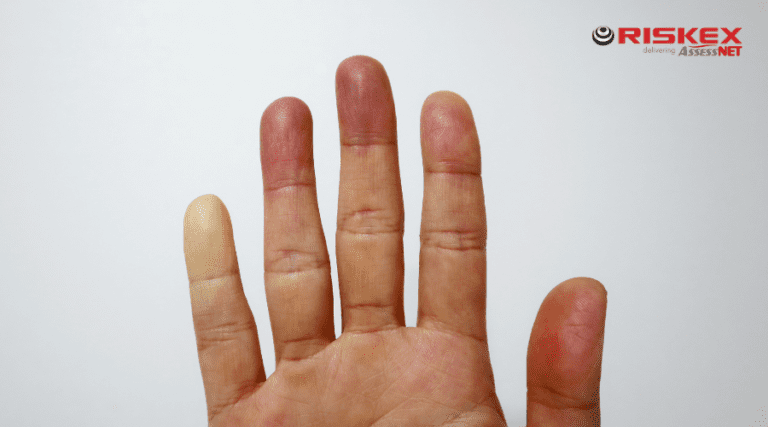Lithium-Ion Battery Fire in South Korea Claims 23 Lives
On 24 June 2024 around 10:30 AM a fire broke out at a lithium battery manufacturing factory, the Aricell plant in Hwaseong City in South Korea (about 28 mile south of the capital Seoul), claiming 23 lives. A fire began in the factory with 35,000 lithium batteries and produced thick smoke that spread quickly.
It has been reported that the workers inside the 2nd floor likely lost consciousness and succumbed within seconds. According to video footage of the inside of the factory, sparks burst and white smoke rose, followed by several explosions from piles of batteries. It is not yet clear what started the blaze. Lithium batteries are at risk of exploding if they are damaged or overheated. The fire was not controlled until 3:00 PM that afternoon.
South Korea is a leading producer of lithium batteries which are used in various items from electric vehicles to laptops.
As a lithium fire can react intensely with water, firefighters had to use dry sand to extinguish the blaze, which took several hours to get under control. Because it is a lithium fire there is still a risk that after the fire is extinguished it could reignite without warning due to chemical reactions.
Authorities found it difficult to enter the site of the explosion initially due to fears of additional explosions. Firefighters with search dogs looked through the wreckage on Tuesday the 25th, finding the last person who had been unaccounted for, making the official death toll 23. In addition to these fatalities, eight more people escaped with minor injuries and two with life-threatening injuries.
There is a joint investigation underway involving the National Forensic Service, the police and the fire department.
Like other small manufacturers in South Korea, Aricell relied heavily on migrant workers to cut costs. Working on short-term temporary contracts, such workers seldom receive comprehensive safety training or work long enough in a single factory to become familiar with its structural features, such as emergency exits, experts said.
Park Sun-gwan, Aricell CEO, apologized for the deaths on Tuesday, but he denied that his factory lacked safety measures, adding that it had trained its workers in what to do in an emergency. Police are planning to question Park and other company officials over possible criminal charges of violating laws on industrial safety.
Human rights groups have long protested the working conditions at many small South Korean farms and factories, most of which could not operate without workers from poorer countries such as Vietnam, Cambodia, Nepal, the Philippines and Bangladesh. But for many people in those countries, and among the estimated 2 million ethnic Koreans in China, the chance to make far more money outweighs the dangers.
Two years ago, the country enacted a law under which executives for companies that hire temporary workers can be sent to jail if there is a fatal accident involving negligence. But until this year, the law was not applied to factories that hired fewer than 50 workers.
Source: New York Times






